China declares energy bidding war
Plus: ‘The decarbonisation horse is out of the barn’ – interview with Ardour Capital and New American Energy
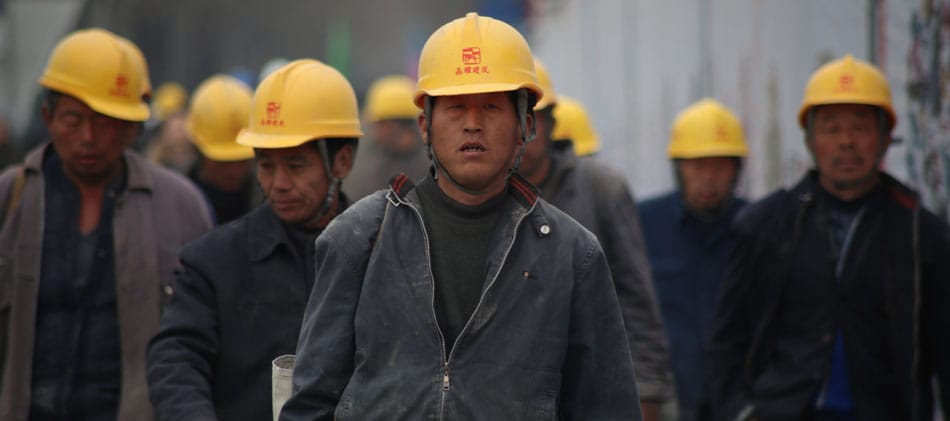
Plus: ‘The decarbonisation horse is out of the barn’ – interview with Ardour Capital and New American Energy

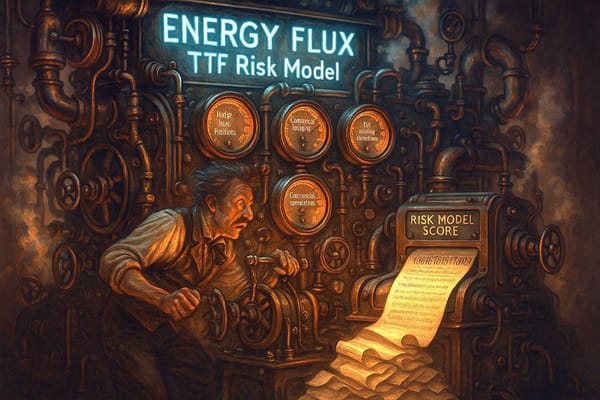
New and improved modelling cuts through the noise to give a clearer view of shifts in risk pricing
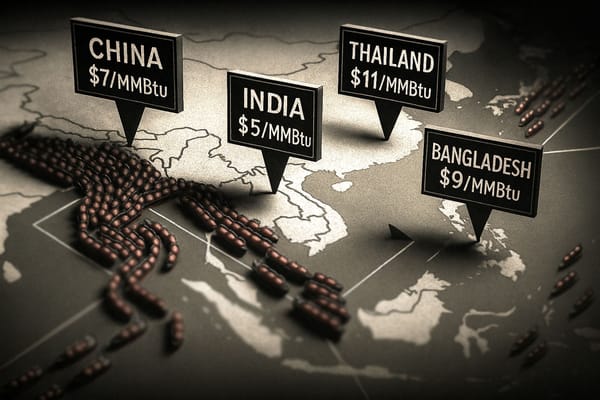
DEEP DIVE: How low must LNG prices go to unlock Asian demand?
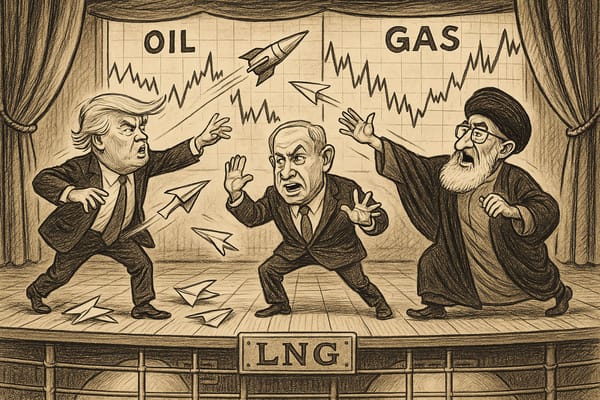
TTF bull trap turns investment funds into bag holders | EU LNG Chart Deck: 26 June 2025
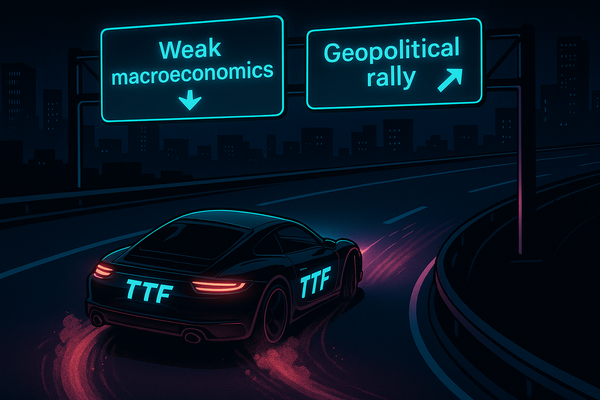
TTF turns on a dime, but is risk being priced properly? | EU LNG Chart Deck: 20 June 2025